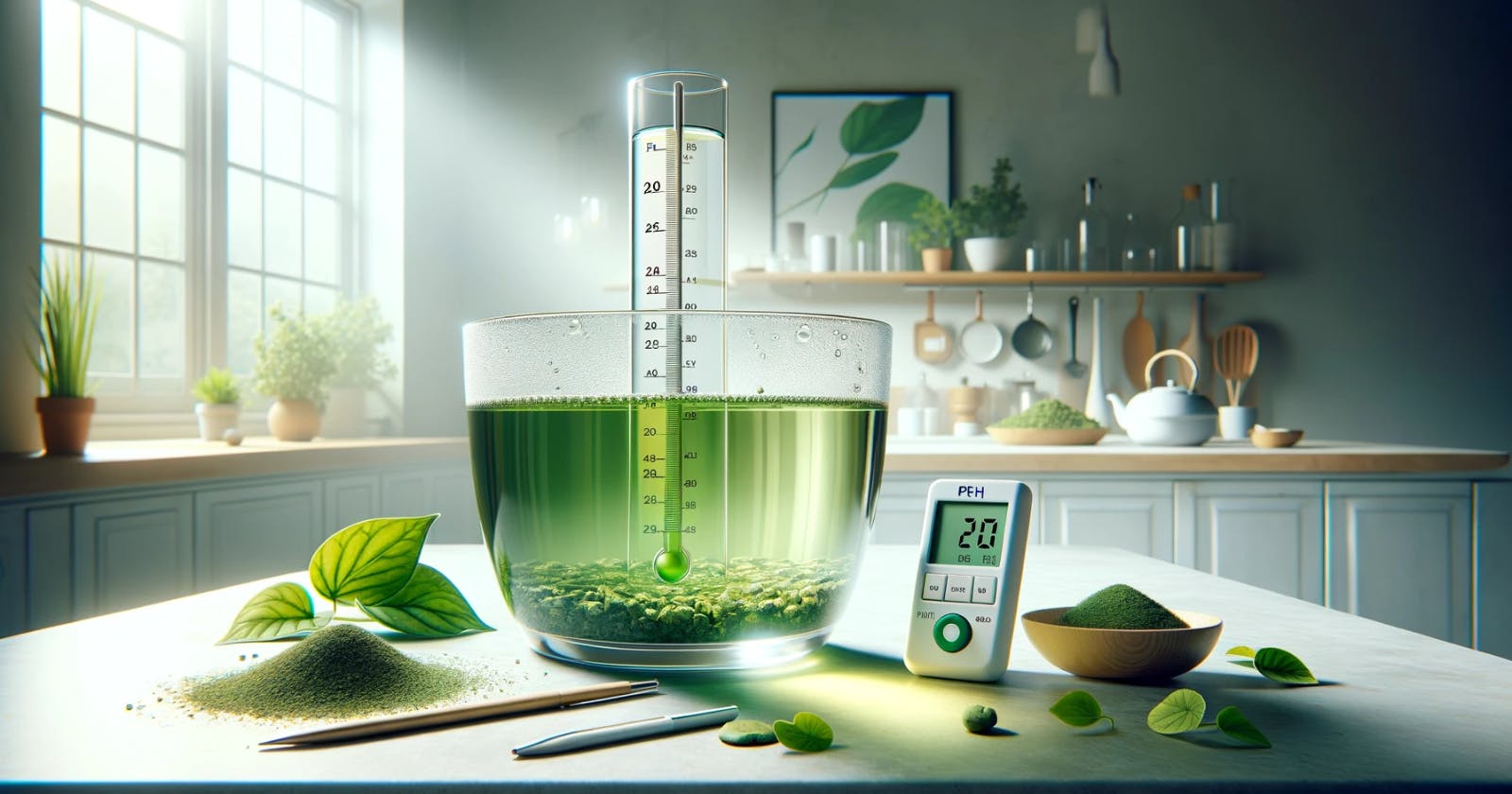Green tea is a popular beverage enjoyed by people worldwide for its refreshing taste and potential health benefits. However, some individuals may have concerns about its acidity level, especially those with certain dietary restrictions or medical conditions.
In this article, we'll explore whether green tea is acidic and provide insights into its pH level, the factors that influence its acidity, and how it compares to other beverages.
Understanding Acidity and pH
To understand if green tea is acidic, we need to first grasp the concept of acidity and pH. The pH scale measures the acidity or basicity of a substance, ranging from 0 to 14. A pH value below 7 indicates acidity, while a value above 7 signifies basicity. A pH of 7 is considered neutral.
The pH of Green Tea
Green tea generally falls on the slightly acidic side of the pH scale, with a typical pH range of 6 to 8. However, the exact pH value can vary depending on several factors, such as the type of green tea, the brewing method, and the water used for steeping.
Factors Affecting Green Tea's Acidity
Several factors can influence the acidity level of green tea:
Type of Green Tea: Different varieties of green tea, such as Sencha, Matcha, or Dragon Well, may have slightly varying pH levels due to differences in their composition and processing methods.
Brewing Time: The longer green tea is steeped, the more acidic it may become as more compounds are extracted from the leaves.
Water Quality: The pH of the water used for brewing can impact the final acidity of the tea. Distilled or filtered water with a neutral pH is generally recommended for brewing tea.
Addition of Ingredients: Adding lemon, honey, or other ingredients can alter the pH of green tea.
Green Tea's Acidity Compared to Other Beverages
To put green tea's acidity into perspective, let's compare it to some other common beverages:
Water: Neutral, with a pH of around 7.
Black Coffee: Slightly acidic, with a pH ranging from 4.7 to 5.
Orange Juice: Highly acidic, with a pH around 3.5.
Milk: Slightly acidic, with a pH around 6.5 to 6.8.
As you can see, green tea falls within a relatively mild acidity range, making it a safer choice for those who need to limit their intake of highly acidic beverages.
Potential Health Impacts of Green Tea's Acidity
While green tea is generally considered safe for most people, its acidity may be a concern for individuals with certain conditions, such as acid reflux or gastroesophageal reflux disease (GERD).
In these cases, it's advisable to consult a healthcare professional to determine the appropriate consumption level or consider alternative beverages with a lower acidity level.
Conclusion
In conclusion, green tea can be considered a slightly acidic beverage, with its pH level typically ranging from 6 to 8. Its acidity is influenced by factors like the type of green tea, brewing time, water quality, and added ingredients.
While green tea's acidity is relatively mild compared to many other beverages, individuals with certain medical conditions may need to moderate their consumption or seek professional advice.
Overall, enjoying green tea in moderation can be a refreshing and potentially beneficial choice for most people.

